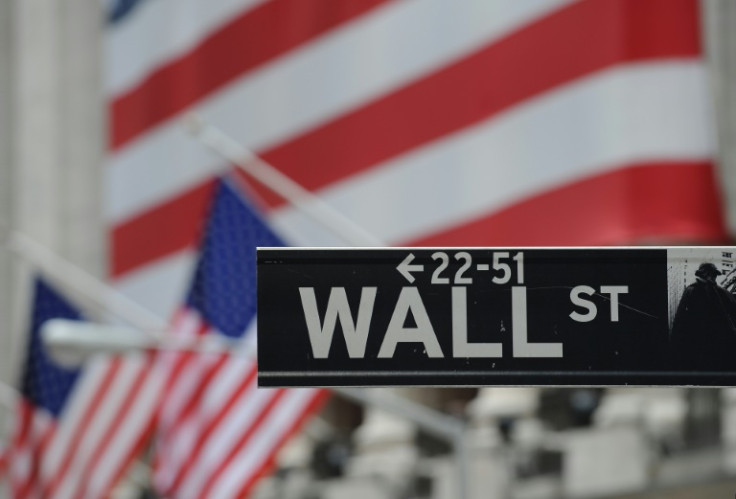Stocks And Bonds Surge As The Tone Changes On Wall Street – Will The Rally Last?

U.S. stocks and bonds staged a strong rally last week as the sentiment changed on Wall Street.
The S&P 500 ended at 4,358, up 4.8 % for the week; the Dow Jones at 34,061, up 4% and the tech-heavy Nasdaq at 13,478, up 5.1%.
Meanwhile, bond prices rose, sending yields tumbling. For instance, the benchmark 10-year Treasury bond ended the week with a yield of 4.456%, a half-basis point below the yield it was trading a couple of weeks ago.
The strong showing of stock and bond markets is a sharp reversal from the previous weeks when bonds and stocks sold off without an end.
The catalyst for the change in Wall Street tone was the softening of the Fed's stance on interest rate hikes following its regular meeting on Wednesday. It raised the prospects among traders and investors that the nation's central bank is over with raising interest rates.
Then, there was a weak labor market report on Friday. It reinforced the narrative that the Fed has managed to engineer a soft landing for the U.S. economy.
That's a situation of moderate growth and low inflation, an ideal environment for equities.
Moderate growth is a tailwind for corporate earnings, while lower inflation makes the case for a monetary policy pivot sooner rather than later and higher equity valuations.
Non-farm payrolls increased by 150,000 in October, below expectations of 180,000. Job gains were narrow and concentrated in health care and government. In addition, unemployment edged higher, from 3.8% to 3.9%, indicating a slack in the labor market. It can explain the easing of wage growth to a monthly rate of 0.2% or 4.1% annually.
"The overall take from the report is the labor market is beginning to cool in a way which should allow inflation to continue to moderate and the Fed to stop raising interest rates," Steve Wyett, chief investment strategist at BOK Financial, told International Business Times. "Bond and stock markets are rallying on this report."
Robert Johnson, professor at Heider College of Business, Creighton University, agrees. "The week ended on a positive note, as market participants see a rising probability that the Fed will successfully engineer a soft landing," he told IBT. "Bond yields plunged, leading to higher equity prices after releasing the softer than expected jobs report. Market participants see a lessening chance of future Fed interest rate hikes and the possibility that rate declines could start earlier in 2024 than previously believed."
Anthony Denier, CEO of Webull, provides further insight into the cooling off of the jobs market and the change in Wall Street sentiment. "The weaker-than-expected jobs report, the downward revision to the previous month's jobs reports and the mild increase in the unemployment rate reinforce the market's view that the Federal Reserve's policy of aggressively raising interest rates is over," he told IBT. "The idea that interest rates have peaked appears to be good news for the stock market as the major indexes are all rallying. Bond prices are rising as yields have fallen on the view that interest rates have peaked."
Nonetheless, he sees the nation's central bank in a difficult position in its next meeting. "If the Fed doesn't raise rates in December, you can expect a rally into the new year," he added. "On the other hand, a slowing economy could lead to a recession. The Fed is walking a delicate tightrope to bring the economy into a soft landing of slower growth without a full-blown recession."
Michael Ashley Schulman, CFA, partner and chief investment officer at Running Point Capital Advisors, isn't optimistic about equities. He thinks slow economic growth and high interest rates for longer will put pressure on earnings margins and valuations, creating an idiosyncratic market. "Many companies won't be able to withstand the higher cost of capital," he said. "To exploit this idiosyncratic setup, alternative and private investments may provide more palatable opportunities for some investors than the public markets."
Phillip R. Nelson, partner and director of asset allocation at NEPC, recommends a diversification approach to balance risks. "The higher levels of interest rates and the shifts we've seen in the last two years give you more asset allocation options to hit your goals in the long term," he said.
© Copyright IBTimes 2025. All rights reserved.






















